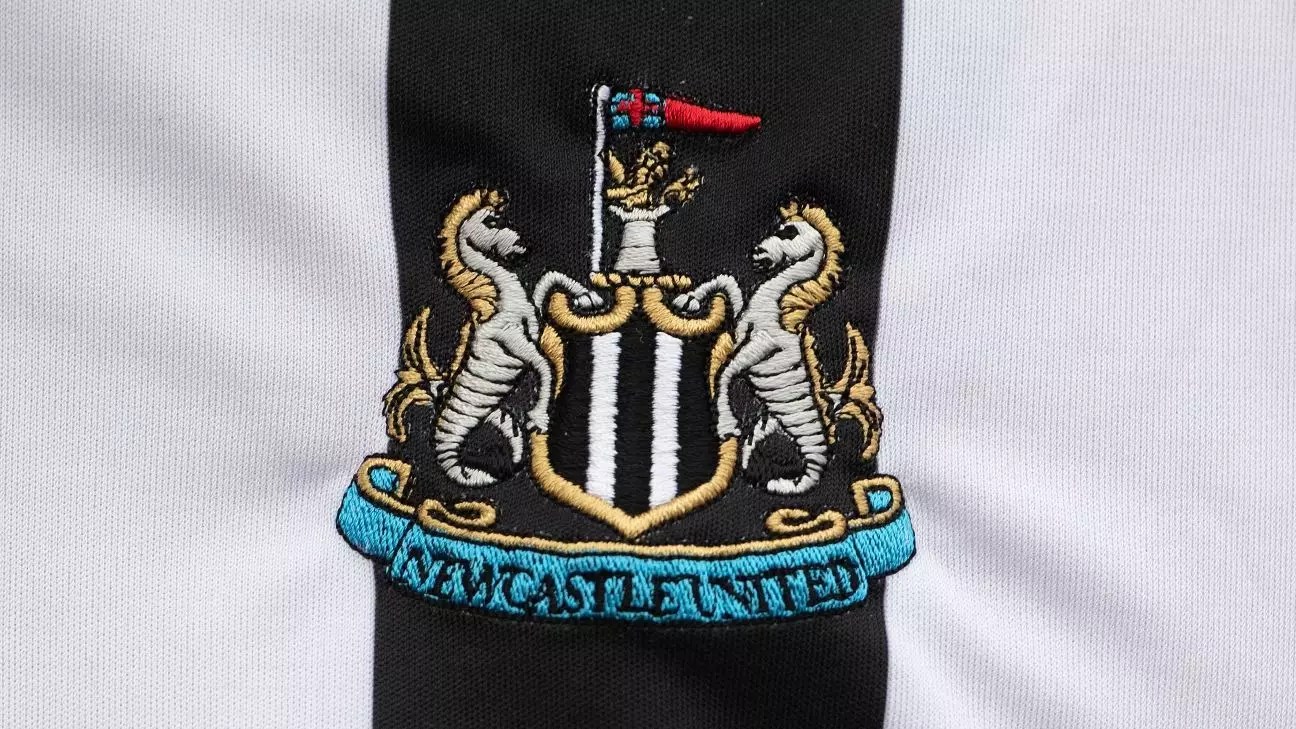Newcastle United finds itself amidst a storm of controversy as it contemplates altering a crest that’s been emblematic of the club since 1988. The decision to engage a segment of the fanbase through a survey has ignited passionate debate, underscoring just how deeply ingrained the current crest is in the identity of both the team and its devoted supporters. While the club argues that the design is outdated and lacks the clarity needed for the digital age, many fans perceive this as a threat to a cherished piece of their heritage.
The marketing approach taken by Newcastle, which labels the survey as independently conducted, raises eyebrows among supporters. Critics, particularly from the Newcastle United Supporters Trust (NUST), question the validity and intention behind this outreach. Their concerns highlight the potential for coercive framing in the survey design, which could skew responses and ultimately undermine genuine fan engagement. Assertions like these resonate deeply when one considers the emotional weight of the crest; it is not merely a logo but a representation of pride, history, and an entire community.
Legal and Ethical Implications
The NUST has also spotlighted a crucial legal stipulation from the Football Association (FA): clubs must show that the majority of their supporters favor significant alterations to their crest before any changes can be executed. This requirement aims to ensure that decisions made by the club genuinely reflect the sentiments of its fanbase. The trust’s insistence on a neutral survey that allows participants to voice a preference for maintaining the current design exemplifies the demand for transparency and representation in club governance.
This dilemma poses important questions about accountability and the extent to which clubs should involve their supporters in fundamental changes. How can a club that has historically drawn power and identity from its supporters cavalierly dismiss their opinions? It’s not merely an aesthetic question; it strikes at the core of what it means to belong to Newcastle United.
Crest: More Than Just a Design
The significance of the crest goes beyond its visual appeal. The current emblem draws on rich motifs from the city’s Coat of Arms, including elements like the castle, demi-lion, and seahorses—each embodying a piece of local history and identity. The club’s crest is a tangible connection to Newcastle’s past and an undying thread linking generations of fans. Changing it could be interpreted as erasing the very fabric of the club’s identity, much to the dismay of loyal supporters who see the crest as a unifying symbol.
The potential disconnect between the club’s leadership and its fanbase becomes evident as discussions intensify. How much should a modern club adapt to survive in an evolving digital world versus honoring the longstanding traditions that have defined it? As teams across the Premier League embrace modernity, Newcastle’s situation serves as a fulcrum for larger discussions about tradition versus innovation.
The balance between progression and preserving the essence of a club is a tightrope walk, and failing to engage meaningfully with fans could result in self-inflicted wounds for the club’s reputation. The brewing discontent signals that, as the club seeks to redefine its image, it must also remember to honor the deeply rooted sentiments of those it purports to represent.


Leave a Reply